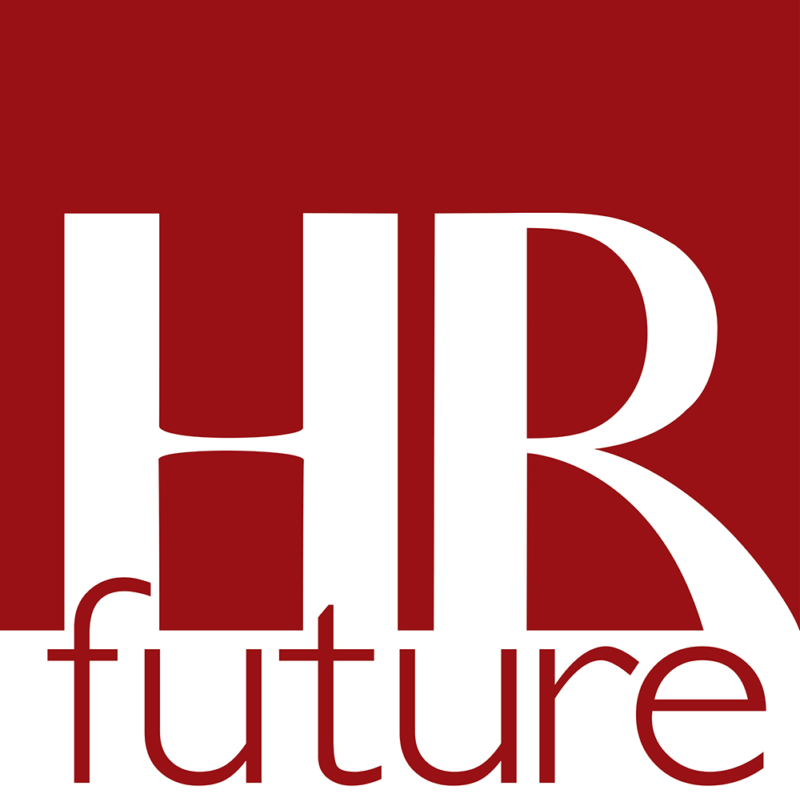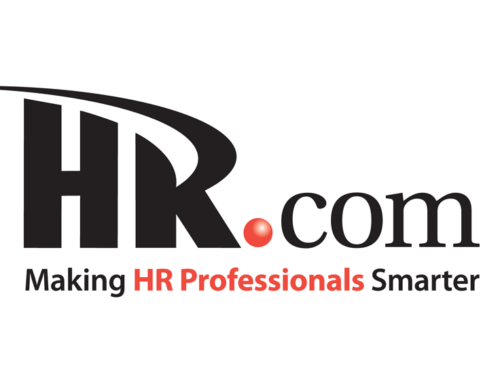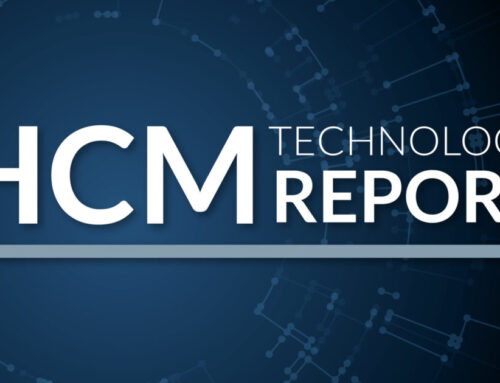By: Frank Diassi
While it may seem common to utilize a multitude of tools to support business processes and personnel on a daily basis, working with disparate tools can actually lead to data silos, inefficiencies, and have an impact on productivity. For HR departments in particular, managing functions such as onboarding, benefits, and payroll administration on separate systems and applications increases complexity and the potential for errors.
To streamline HR processes and support business growth, implementing a central platform human resources information system (HRIS) is ideal. A HRIS allows for automation, improves productivity, and centralizes the employee lifecycle within one platform. Here are four key benefits of a central HRIS to support your company’s goals:
Greater Flexibility
A system consisting of multiple tools, and even paper-based processes, may suffice for a small business, but as companies expand they require integrated applications to support their growing workforce and clients. Utilizing software for payroll, other software for training, and yet another application onboarding and recruiting can quickly make business processes become fragmented.
A central HRIS combines all of these platforms together and gives your company the flexibility it needs to expand while continuously meeting the needs of customers and staff. A HRIS also provides the added benefit of delivering real-time data to HR teams and management to keep everyone apprised of performance issues, salary adjustments, new hires, and termination notices.
Improved Communication
Technology makes business expansion easier than ever, in turn creating a demanding and fast-paced 24/7 business cycle. In order to meet the requirements of conducting business successfully in a global economy, your company needs a solid communication strategy.
A central HRIS offers a strategic hub for HR professionals, management, and personnel to communicate, share information, and access policies, procedures, and other services. Communicating via a centralized system will keep everyone in your company on track to accomplish goals while reducing the spread of misinformation; this makes a single platform HR solution indispensable especially during growth and expansion phases, or during change when uncertainty is heightened.
Maintaining HR and business processes through a single system also allows management to discover, address, and solve problems more easily by analyzing data and garnering feedback from employees and other personnel.
Employee Engagement
According to Gallup’s 2022 State of the Global Workplace Report, only 22% of employees are engaged at work and 44% of employees are stressed. This is a major concern, as employees are key to the success of any company. In order to reduce stress, boost engagement, and improve employee satisfaction, it’s important to create HR policies and processes that encourage trust and respect. A HRIS can put employees in control through the availability of self-service portals.
In addition to reducing the workload and increasing the quality of life for overworked HR departments, service portals through give employees the freedom to access trainings, request time off, and change benefits information among other tasks. Empowering employees with on-demand access to their own HR and benefits options delivers a greater degree of satisfaction at work and can significantly reduce requests to HR teams, allowing them to focus on more strategic tasks.
Read the full article in HR Future Magazine.



